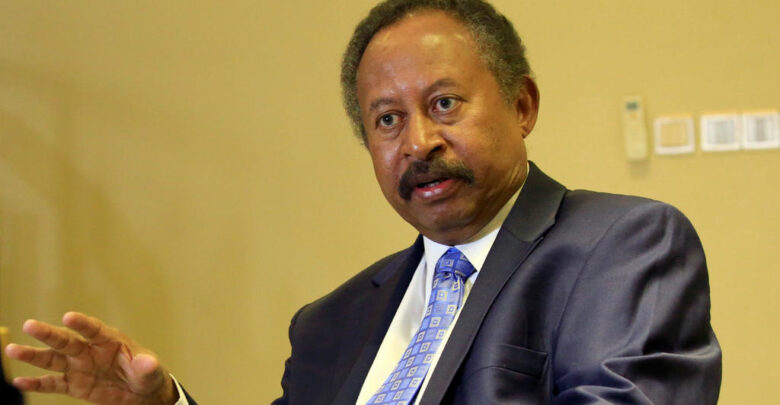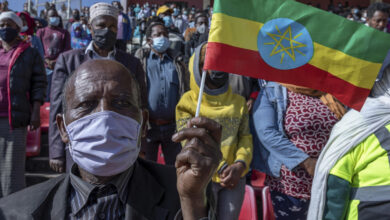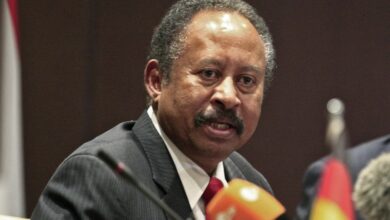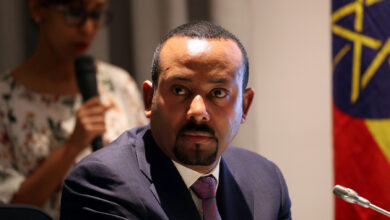
The Sudanese Foreign Ministry on Sunday said Ethiopian forces crossed into Sudanese territory in an act of “aggression”, marking the latest flare-up in a long-standing border dispute, reported Reuters.
“Ethiopia’s trespass into Sudanese land is an unfortunate and unacceptable escalation, which could have dangerous repercussions on security and stability in the region,” the Sudanese foreign ministry said in a statement.
Ethiopian foreign ministry official spokesman Dina Mufti and state minister of foreign affairs Redwan Hussein are yet to comment on the matter.
Meanwhile, on Saturday, the Ethiopian foreign ministry said on its Facebook page that Ambassador Dina called on the Sudanese government to stop plundering and displacing Ethiopian citizens that it has started as of November 6.
In the Ethiopian foreign ministry’s Facebook post, Dina said there is no need for any third-party mediation once “the Sudanese army evacuates the area that it has forcefully occupied.”
Ethiopia has also accused Sudan of crossing into its territory.
Clashes erupted between Sudanese and Ethiopian forces late last year over Al-Fashqa, an area of fertile land settled by Ethiopian farmers that Sudan claims lies on the Sudanese side of a border demarcated at the start of the 20th century.
Treaties drawn up in 1902 and 1907 between Ethiopia and Britain were intended to define the border between Sudan and Ethiopia. But Ethiopia has long claimed that parts of the land given to Sudan actually belong to them.
Tension began to unravel in November 2020, after conflict broke out in Ethiopia’s northern Tigray region along the disputed border.
Last month, Sudan said that an Ethiopian aircraft had crossed the border, an allegation that Ethiopia denies.
The two countries are already at odds over the Grand Ethiopian Renaissance Dam (GERD) on the Blue Nile River.
While Egypt and Sudan fear that the dam would restrict the flow of water to both countries, Ethiopia claims the hydroelectric power produced by the dam will be vital to meet the power needs of its 110 million people.






